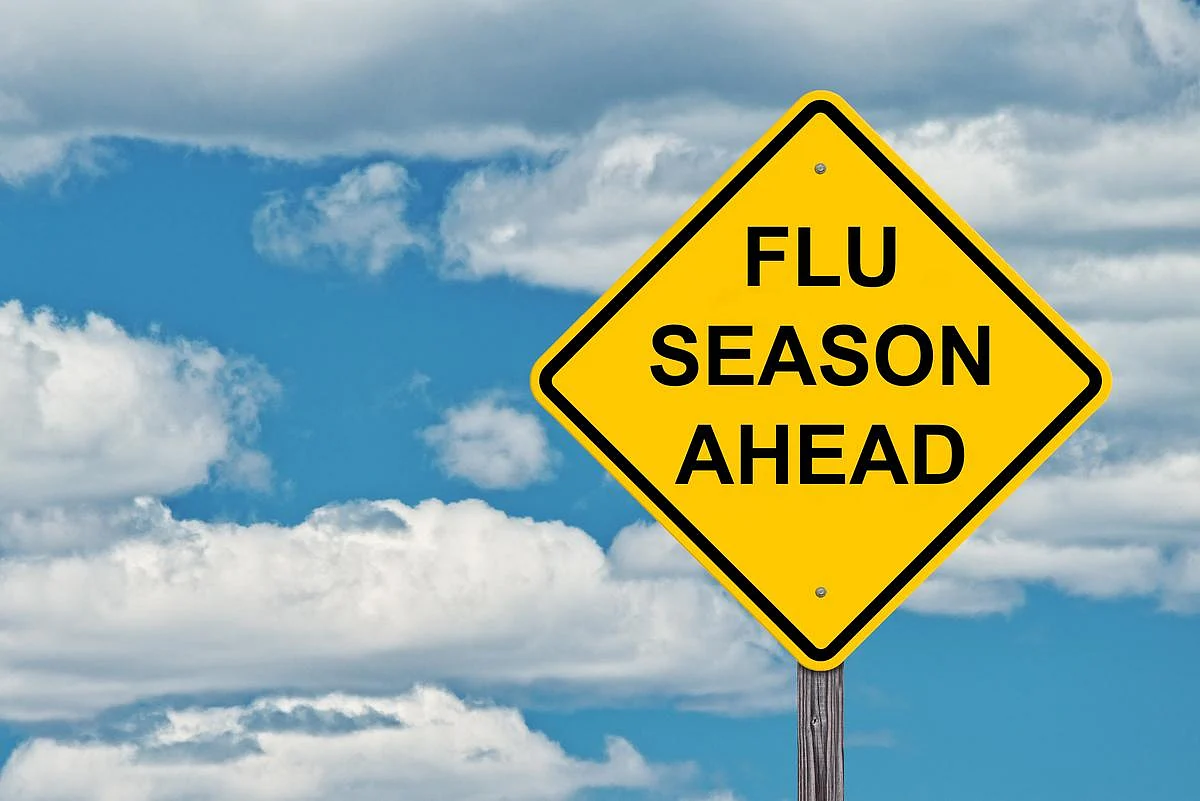Flu, COVID Vaccination Rates Remain Low as Winter Nears
FRIDAY, Nov. 22, 2024 -- Worn down by pandemic-era vaccine overload, many Americans are ignoring pleas by health officials to get immunized against the flu and COVID-19, new data shows.
According to U.S. Centers for Disease Control and Prevention data for immunizations as of Nov. 9, only about a third (34.7%) of U.S. adults say they've gotten the influenza vaccine, while just 17.9% say they've received the latest COVID-19 booster.
The data could still be a bit early, however: According to the CDC report, up to 41% of adults say they were either still on the fence about getting the two shots, or would "definitely or probably" do so.
A third vaccine, for the respiratory syncytial virus (RSV), is especially important for elderly people, the CDC noted.
As of Nov. 9, close to 40% of people aged 75 or older said they had ever gotten an RSV vaccine.
Education may be key to upping RSV protection, the report's authors said.
"Data from another CDC survey showed that a large proportion of adults open to RSV vaccination expressed concerns about lack of knowledge about RSV and the RSV vaccine, and lack of a provider recommendation for vaccination," they noted.
A second report issued by CDC researchers finds rates of vaccination are better, but still far too low, among a very vulnerable group -- nursing home residents.
According to the report, as of Nov. 10 just under 30% of nursing home residents had gotten a COVID vaccine this season. Rates were higher for the flu vaccine, at 58.4%.
Less than 18% of people in America's nursing homes had gotten an RSV shot, the report found.
Rates of vaccination for COVID-19 and RSV were significantly lower in southern states, the report found.
According to the researchers, "misinformation and doubt" about the effectiveness and safety of vaccines is still making too many people who could benefit balk at getting immunized.
Staff members and family can do a lot to persuade hesitant nursing home residents that getting their flu, COVID and RSV shots is in their best interest.
"More needs to be done at every level to protect nursing home residents, who constitute one of the population groups at highest risk for severe respiratory disease," the CDC authors said.
Both reports were published Nov. 21 in the CDC journal Morbidity and Mortality Weekly Report.
Sources
- Morbidity and Mortality Weekly Report, Nov. 21, 2024
Disclaimer: Statistical data in medical articles provide general trends and do not pertain to individuals. Individual factors can vary greatly. Always seek personalized medical advice for individual healthcare decisions.
© 2025 HealthDay. All rights reserved.
Further Support and Information on COVID-19
Read this next
COVID-19 Damage To Sense Of Smell Long-Lasting And Subtle, Study Suggests
FRIDAY, Sept. 26, 2025 — A COVID-19 infection might blunt a person’s sense of smell for years afterward, but so subtly they might not even notice it, a new study...
Trump Links Tylenol, Vaccines to Autism Without Evidence, Experts Say
TUESDAY, Sept. 23, 2025 — President Donald Trump on Monday linked autism to acetaminophen use in pregnancy and vaccines — claims that scientists say are not supported...
New Vaccine Panel Recommends Doctor Consults Before COVID Shots
MONDAY, Sept. 22, 2025 — A new federal vaccine panel appointed by U.S. Health Secretary Robert F. Kennedy Jr. has recommended tighter restrictions on COVID-19 shots. The...
More news resources
- FDA Medwatch Drug Alerts
- Daily MedNews
- News for Health Professionals
- New Drug Approvals
- New Drug Applications
- Drug Shortages
- Clinical Trial Results
- Generic Drug Approvals
Subscribe to our newsletter
Whatever your topic of interest, subscribe to our newsletters to get the best of Drugs.com in your inbox.


